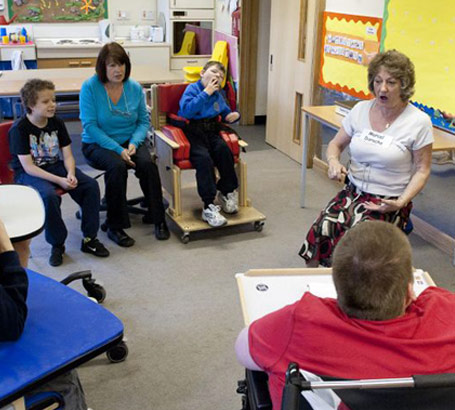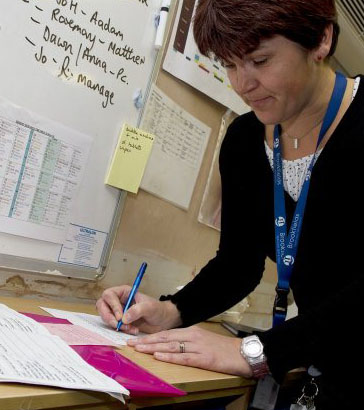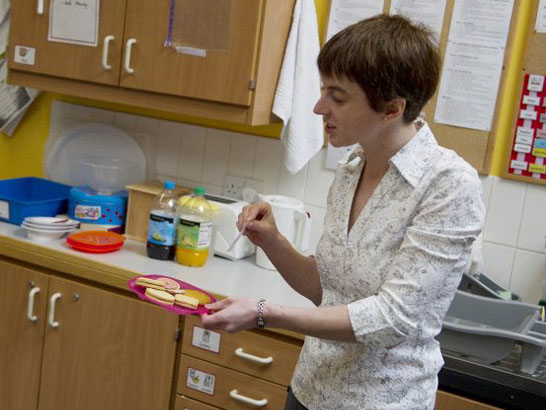
Depending on current practice and school priorities, you may wish to have a broad or narrow focus to your work. For example,
you may wish to look at practice in relation to all pupils or in relation to a particular group, eg pupils with autism or
ADHD.
For a review of practice to make a difference, the leadership team will need to be involved at a very early stage to ensure
that the work fits in with the school development plan.

Set up a review group that you will lead. Consider who should be on it. It should be representative of the school. You
may also wish to include professionals from outside the school or ‘co-opt’ them for particular aspects of the
work.
Other professionals are usually delighted to work on whole school development rather than only individual assessment and consultations.
This can be an especially effective use of specialist teacher, school nursing and educational psychology services.

The tasks at Level C are a good way of introducing everyone to evidence from neuroscience that is relevant to children's learning. It will also help you to understand some of the issues and concerns that should inform your action planning.
Work with the review group, drawing on your knowledge of the research and your discussions with staff, to draw up a series
of questions and indicators to guide your work and to help you evaluate its success.
For example, if you are looking at school practice in relation to teaching children with foetal alcohol syndrome you might
ask:
- Do staff have the knowledge they need about the condition?
- Are staff aware of effective pedagogy?
Questions can become finer-grained, eg
- Are classrooms free from clutter?
- Are tasks focused and presented in small steps?
- Do children have sufficient personal space?
- Etc.
Further questions can be derived from material in level C and from further reading.

- How will we know we have improved the learning of this group of children?
- How will we know if we have improved the quality of life of this group of children?
- Is it appropriate that the school takes on an inquiry based approach to finding out more about what works?
Consider taking on an action research project to help generate new knowledge of what works and what doesn’t work.
A starting point for a piece of research might be the application of a recent piece of educationally relevant piece of neuroscience
research.
More information about research can be found in the inquiry based practice module.